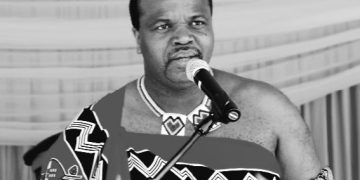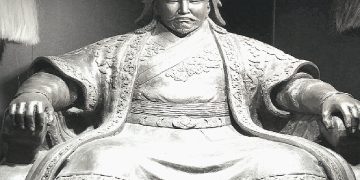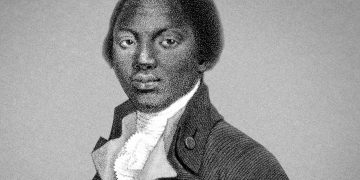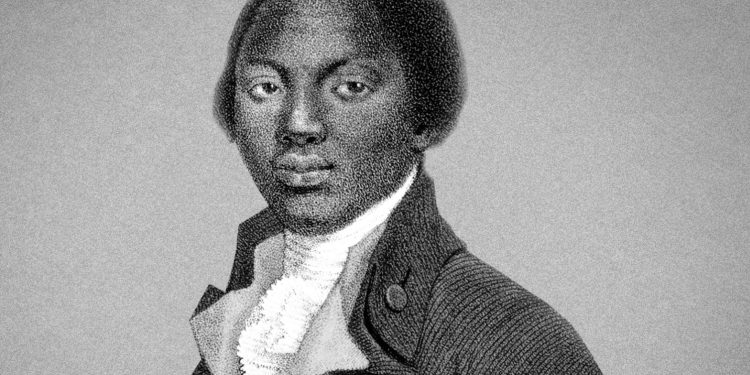The Interesting Narrative of Olaudah Equiano Life
Olaudah Equiano, also known as Gustavus Vassa, was a prominent African figure in the 18th century whose life and writings had a significant impact on the abolitionist movement in Britain and beyond. Born around 1745 in Nigeria, Equiano was captured and sold into slavery at a young age. His experiences as a slave and later as a free man shaped his views on freedom, humanity, and the moral implications of slavery.
Equiano’s early life was spent in the Igbo region of Nigeria in West Africa. He was taken from his home and transported across the Atlantic to the Americas, where he endured the harsh realities of enslavement. He was eventually purchased by a British naval officer, which provided him with opportunities to learn to read and write. Equiano’s intelligence and resourcefulness led him to purchase his freedom in 1766.
Once free, Equiano became an active participant in the abolitionist movement. His autobiography, “The Interesting Narrative of the Life of Olaudah Equiano,” published in 1789, is one of the first major works by an African writer to reach a wide audience in Europe. In his narrative, Equiano recounts his experiences, detailing the brutal realities of the slave trade and advocating for the abolition of slavery. His eloquent writing and compelling personal story helped to humanize enslaved individuals and garnered sympathy from readers.
Equiano was not only a writer but also a businessman and a campaigner. He traveled extensively, promoting the abolitionist cause and speaking out against the injustices of slavery. His efforts contributed to the growing sentiment against the slave trade in Britain, culminating in the passing of the Abolition of the Slave Trade Act in 1807.
Equiano’s life and work are significant not only for their historical context but also for their enduring relevance. His narrative continues to be studied for its insights into the African experience during the transatlantic slave trade and its powerful call for justice and equality. Equiano’s legacy lives on as a symbol of resilience and the fight for human rights, inspiring generations to continue the struggle against oppression and inequality.
Deeper details about Olaudah Equiano’s life.
Olaudah Equiano’s life is a remarkable journey that reflects the complexities of the 18th-century Atlantic world, the horrors of the transatlantic slave trade, and the burgeoning movement for abolition. Here are some key aspects of his life and legacy:
Early Life and Enslavement
Equiano was born in the Igbo region of West Africa, likely in 1745. He lived in a society with rich cultural traditions and practices. However, at the age of 11, he was captured and sold into slavery. He was transported on a slave ship to the West Indies, where he experienced the brutal conditions of the Middle Passage firsthand. This harrowing journey profoundly impacted him and shaped his future advocacy. You May Also Like This
Life as a Slave
After being sold multiple times, Equiano was eventually purchased by a British naval officer, which changed the course of his life. During his time aboard ships, he learned various skills, including navigation and seamanship. His ability to read and write proved invaluable, providing him with a means to advocate for himself and others.
Quest for Freedom
Equiano’s quest for freedom began in earnest when he worked diligently to save money. In 1766, he finally purchased his freedom for £40, a significant amount at the time. After gaining his freedom, he took on the name Gustavus Vassa, which was derived from the Swedish king Gustavus Vasa, symbolizing his journey toward autonomy and identity.
Advocacy and Abolition
Once a free man, Equiano became deeply involved in the abolitionist movement. His autobiography, “The Interesting Narrative of the Life of Olaudah Equiano,” was published in 1789 and became a bestseller. The book not only recounted his life story but also provided a detailed account of the inhumane treatment of enslaved people and the moral imperative to end slavery. His narrative was instrumental in raising awareness and swaying public opinion against the slave trade.
Equiano’s work was not limited to writing; he actively campaigned alongside other abolitionists, such as Granville Sharp and Thomas Clarkson. He traveled extensively, giving lectures and sharing his story to garner support for the abolitionist cause. His efforts were crucial in the formation of the Society for Effecting the Abolition of the Slave Trade in 1787.
Legacy
Olaudah Equiano passed away in 1797, but his legacy endures. His autobiography is regarded as one of the earliest examples of African literature and an important work in the history of the abolitionist movement. It humanized the experience of enslaved Africans and provided a counter-narrative to the justifications for slavery prevalent at the time. Join our fitness community and achieve your goals!
Equiano’s life exemplifies resilience, intelligence, and the power of storytelling. His contributions continue to inspire contemporary discussions about race, identity, and human rights. His narrative is frequently studied in educational settings and remains a crucial part of the discourse surrounding the history of slavery and the fight for social justice.
Olaudah Equiano’s life story is a testament to the human spirit’s capacity for resilience and change. His advocacy for abolition and his powerful narrative have left an indelible mark on history, emphasizing the importance of empathy, awareness, and action in the face of injustice.
In Conclusion, Olaudah Equiano’s contributions to literature and the abolitionist movement mark him as a key figure in the history of the fight for freedom and justice. His life story serves as a testament to the strength of the human spirit and the importance of standing against injustice in all its forms.












